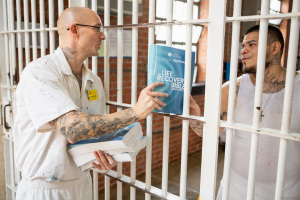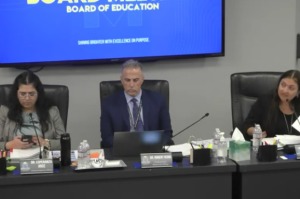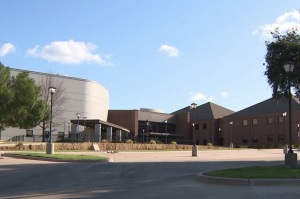Baptist Pastors Arrested for Aiding Guantanamo Churches
Two Baptist pastors were arrested and detained by the Cuban government recently after distributing financial aid to needy churches in Guantanamo province in the eastern coast of the island nation.
Cuban pastors Ruben Ortiz Columbie and Francisco Garcia Ruiz were arrested Oct. 3 and have since been held in prison. They are accused of "illicit financial activity," though Cuban church leaders have defended them, saying that all the aid money, sent from Baptist churches in Florida, has been sent legally and openly.
Furthermore, church leaders say they are puzzled by the arrest because the Eastern Baptist Convention, in which both men are leaders of, has been carrying out aid works in Cuba for years. The Eastern Baptist Convention is one of the largest denominations in Cuba.
Columbie, 68, is a professor of Economics at the Santiago Baptist Seminary and heads the denomination's "Special Projects" department. Perez, 46, is the director of the denomination's youth ministries.
"We demand that the Cuban Government release Pastor Ortiz Columbie and Pastor Garcia Ruiz immediately," said Christian Solidarity Worldwide advocacy director Tina Lambert, in a statement Monday. "These two men were working openly to improve the lives of fellow Cubans living in poverty."
The human rights activist called on the international community to put pressure on the Cuban government to free the two pastors.
Since their arrest, the family members were allowed to visit them only once and for 20 minutes, according to CSW. Meanwhile, Cuban church leaders were prevented from visiting them altogether.
The communist state of Cuba is officially a secular state and is notorious for suppressing Christian activities. Last year, the U.S. Commission on International Religious Freedom called on the U.S. government to specifically press Cuba "through all available diplomatic channels" to release all political prisoners, and lift repressive laws and restrictions on freedom of thought, conscience, and religion or belief.
A report earlier this year by CSW suggests that pressure on religious leaders in Cuba has increased significantly over the past year. There has been a sharp rise in religious liberty violations in Cuba, especially against independent churches, according to the report.
At least 60 pastors and leaders related to the Apostolic Movement were arrested in May and June, the report showed.
Cuba is ranked No. 33 in Open Doors' World Watch List, which annually names 50 of the worst persecutors of Christians.
Despite the pressure, the number of churches in Cuba is rapidly growing. In 1991 – the year when the Congressional Communist Party voted to change Cuba's constitutional status from atheist to secular state – there were only about 1,100 churches and house churches. Now, there are more than 16,000 house churches, said the ministry WorldServe, which has worked in Cuba for over a decade.




























